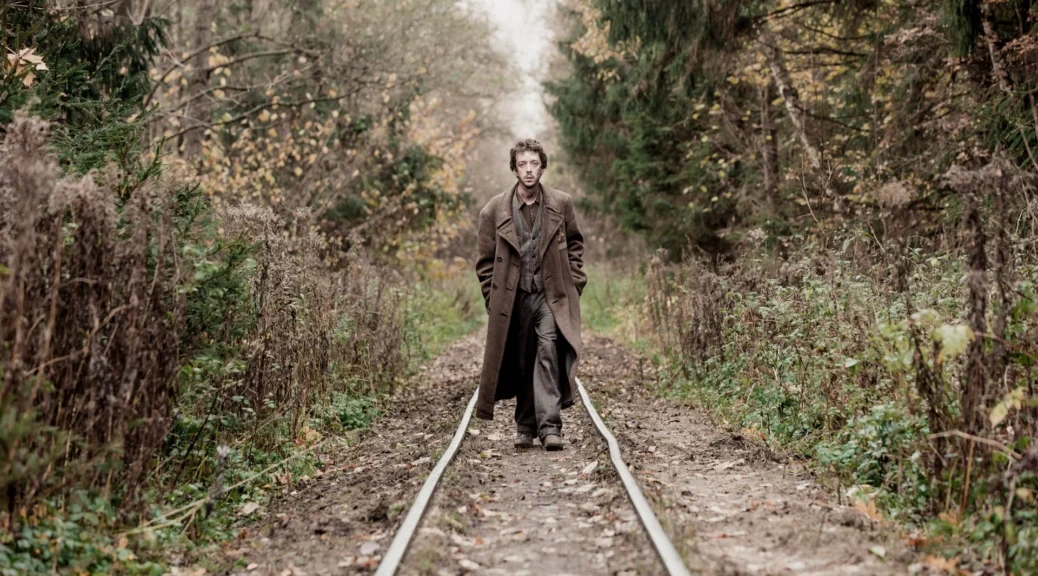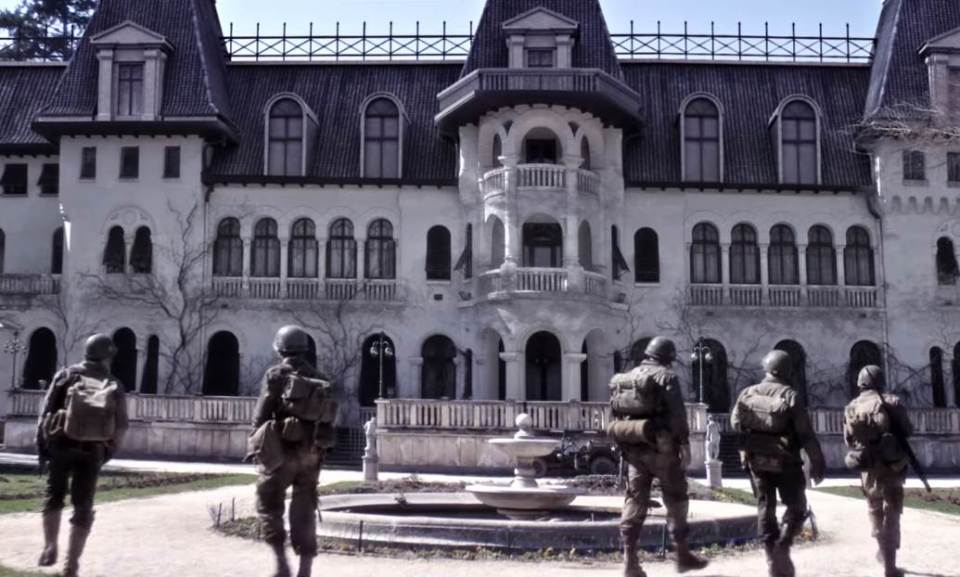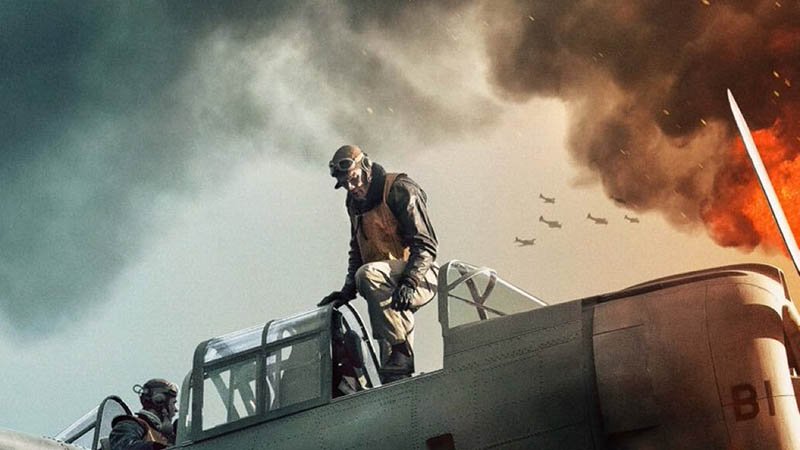Civil War
by George Wolf
Writer/director Alex Garland gets to the point quickly in Civil War, via battle-weary photographer Lee Smith (Kirsten Dunst).
“Every time I’ve survived a war zone, I thought I was sending a warning home: don’t do this.”
“But here we are.”
Smith and her colleague Joel (Wagner Moura) are preparing for the 857-mile drive from New York to D.C. during a very active civil war in near-future America. Their press credentials may bring sympathy from some they encounter, and deadly aggression from others. The danger only intensifies when they agree to bring along elderly reporter Sammy (Stephen McKinley Henderson) and the aspiring young photojournalist Jessie (Priscilla‘s Cailee Spaeny).
The goal? A face-to-face interview with a President (Nick Offerman) who has disbanded the FBI, ordered air strikes against American citizens, and has not taken questions for over a year.
Garland (Ex Machina, Annihilation, Men) is careful not to tip his political hand. Though a couple lines of dialog give you a vague glimpse about what type of policies the President favors, we’re repeatedly told resistance is coming from the “Western Forces” led by California and Texas. The nicely subtle mix of red and blue state rebellion makes it clear the point here is not purely idealogical.
“Don’t do this.”
And though many a road movie has leaned on that narrative device for a flimsy connection of random ideas, Garland uses the trip to D.C. to bolster his very ambitious idea with tension-filled looks at the heartland. Through an uneasy stop for gas, the visit to a town the war forgot, a marksman’s simple rules of engagement, and a brutal citizenship test from an unforgettable Jesse Plemons, we’re immersed in a war-torn America that seems authentically terrifying.
But it’s all just a prelude to the carnage ahead.
Because once it settles in D.C., the film becomes a war movie that will batter your senses with a barrage of breathless execution.
Dunst has never been better, particularly in the moments when Lee’s stoic rationalizing can no longer come to her rescue, or ours. Garland gives us the vulnerable Jessie as a logical entry point in the early going, but as she joins Joel in feeding off the war zone rush, moralities become more complicated.
As draining as it often is, Civil War is also an exhilarating, sobering and necessary experience. Smartly written and expertly crafted, the film manages to honor the work of wartime photojournalists as it delivers a chilling vision. It’s one beyond left or right, where the slippery slope of dehumanization breeds a willingly and violently divisible America we always professed to be beneath us.













